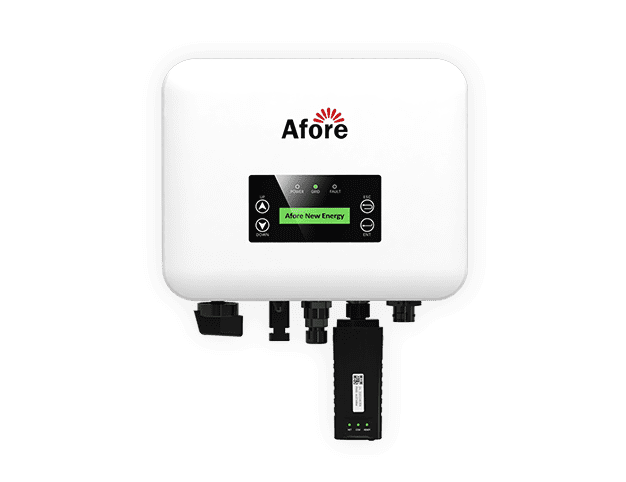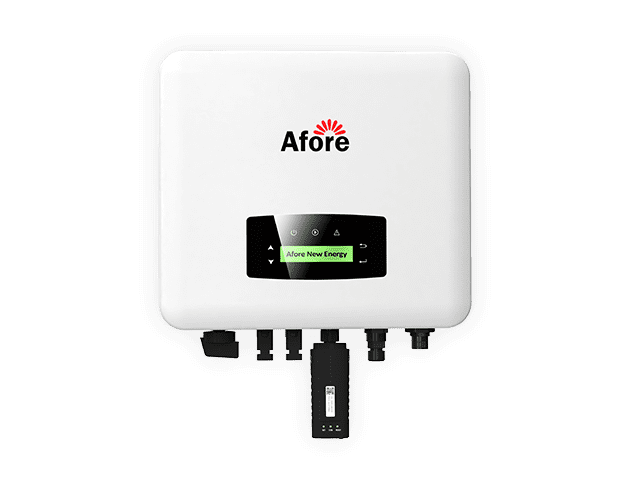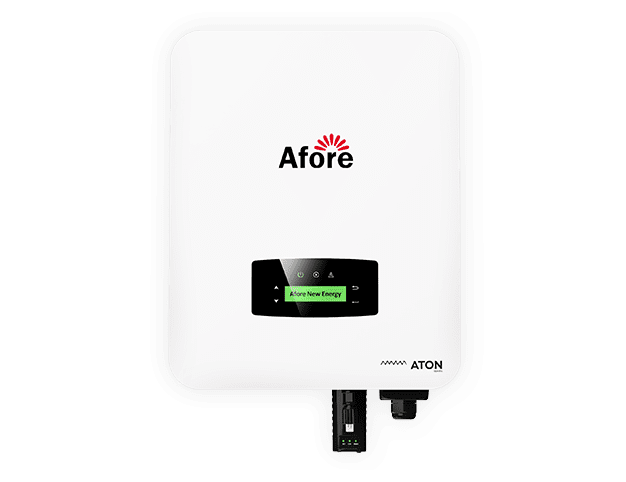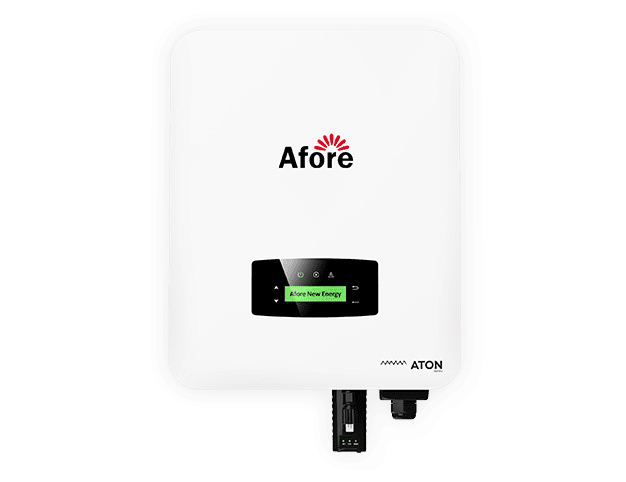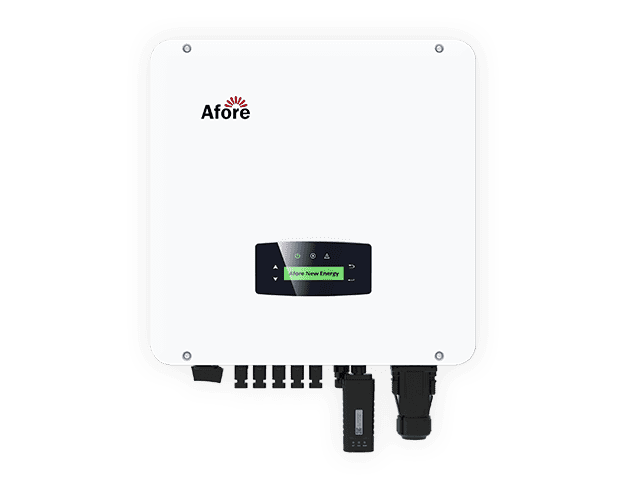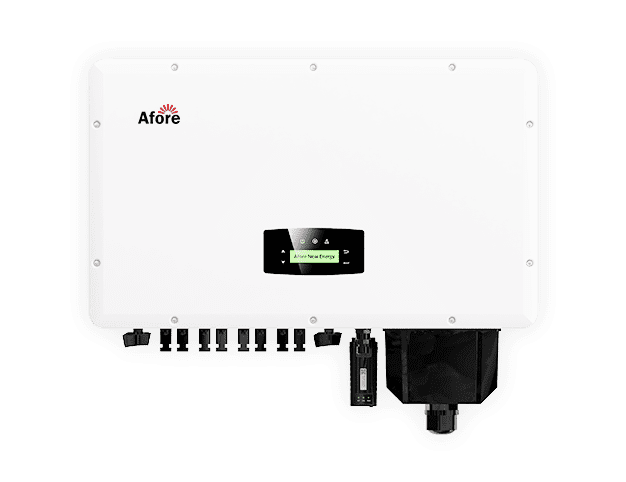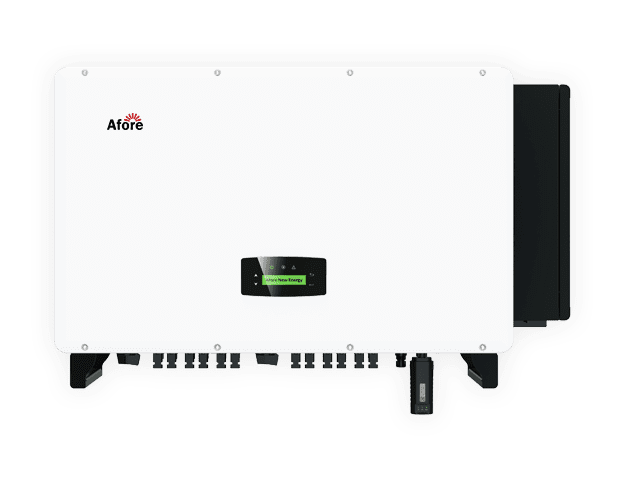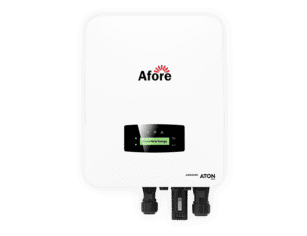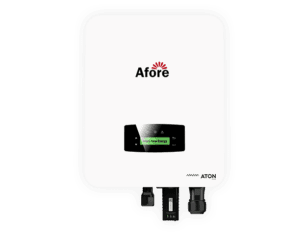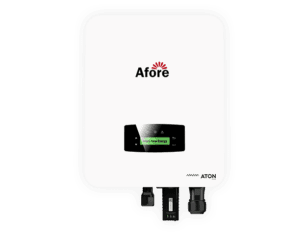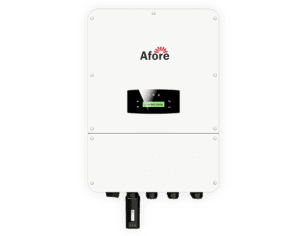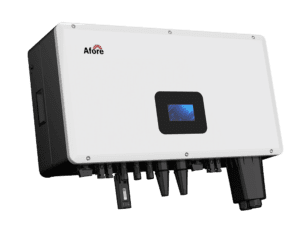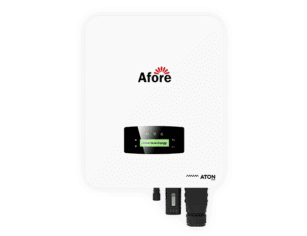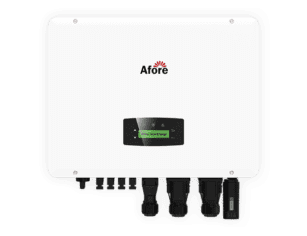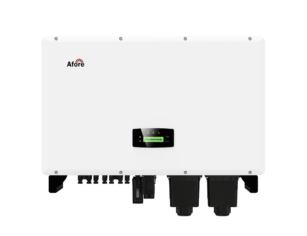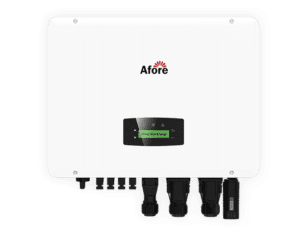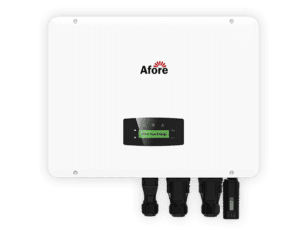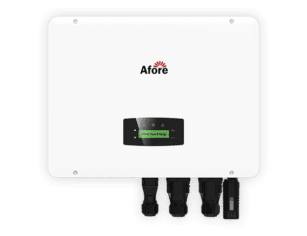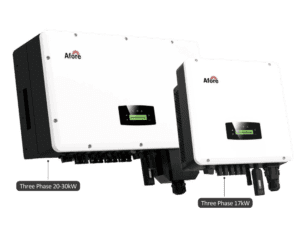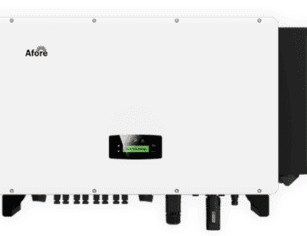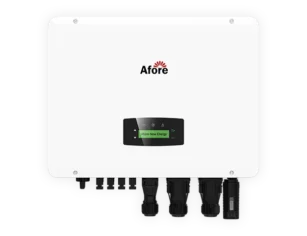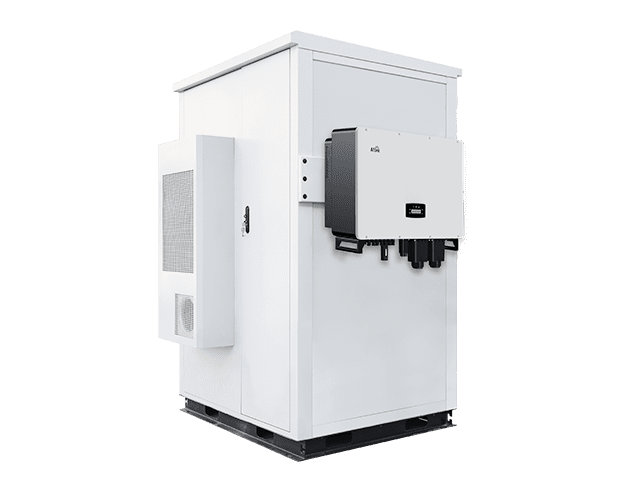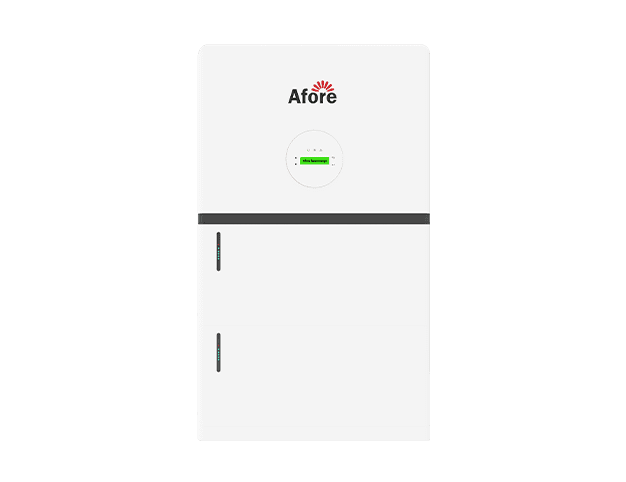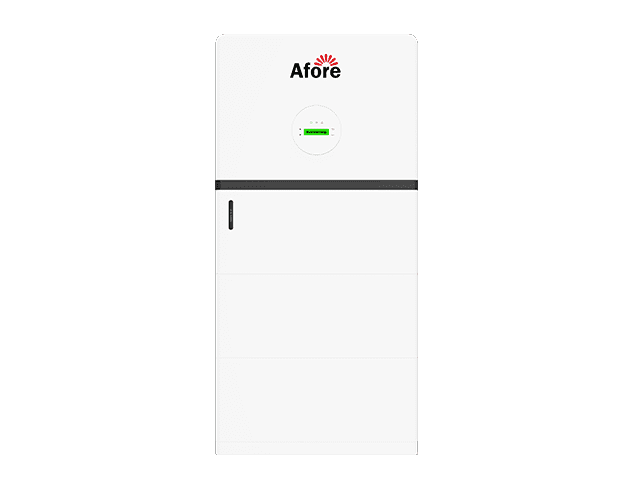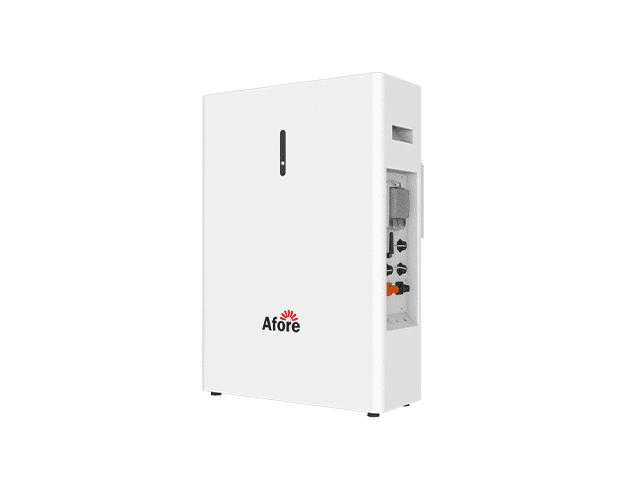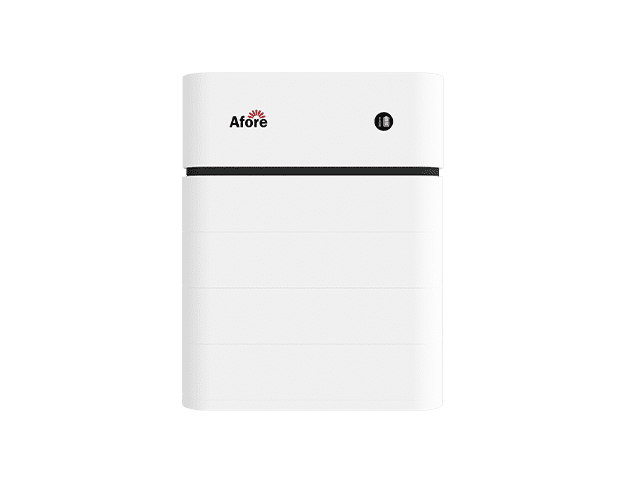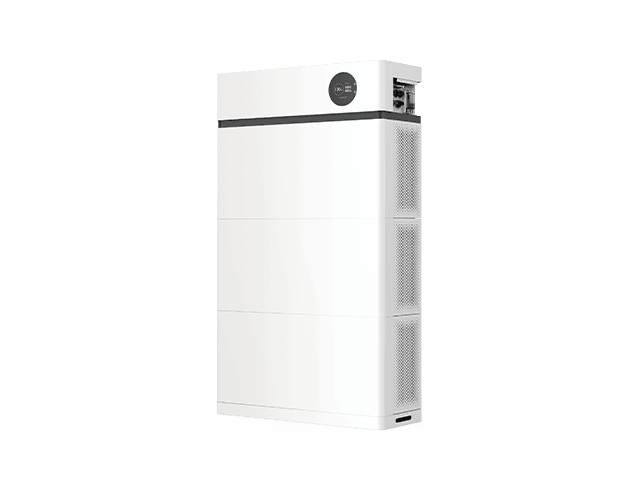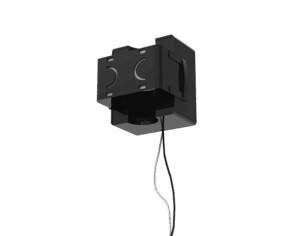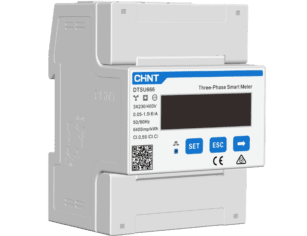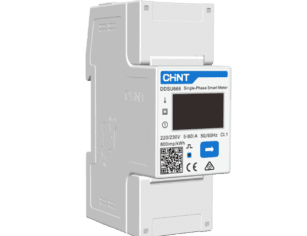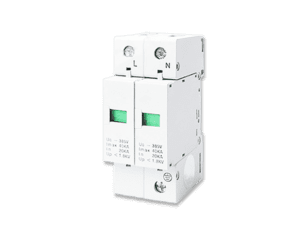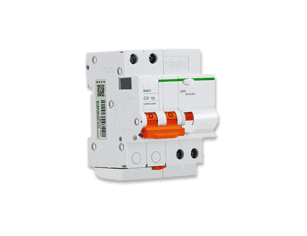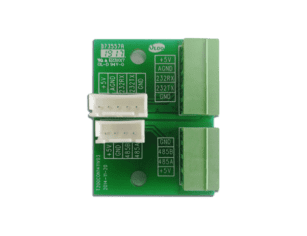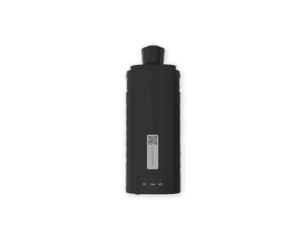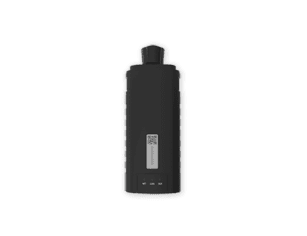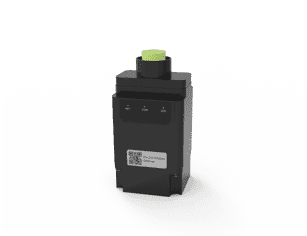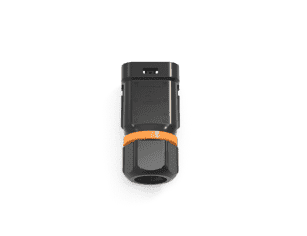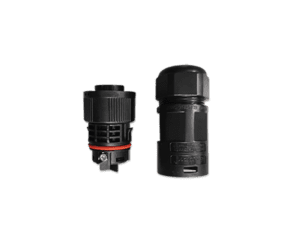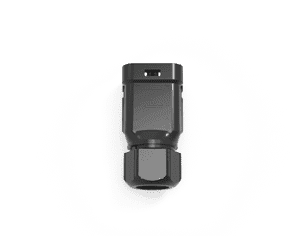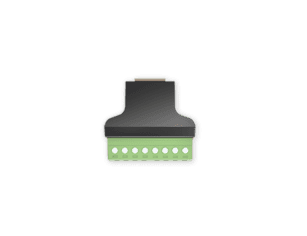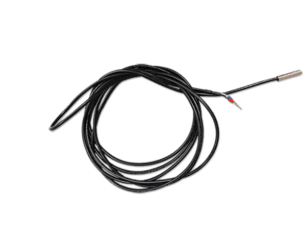Residential Energy Storage: The Future of Home Energy Independence
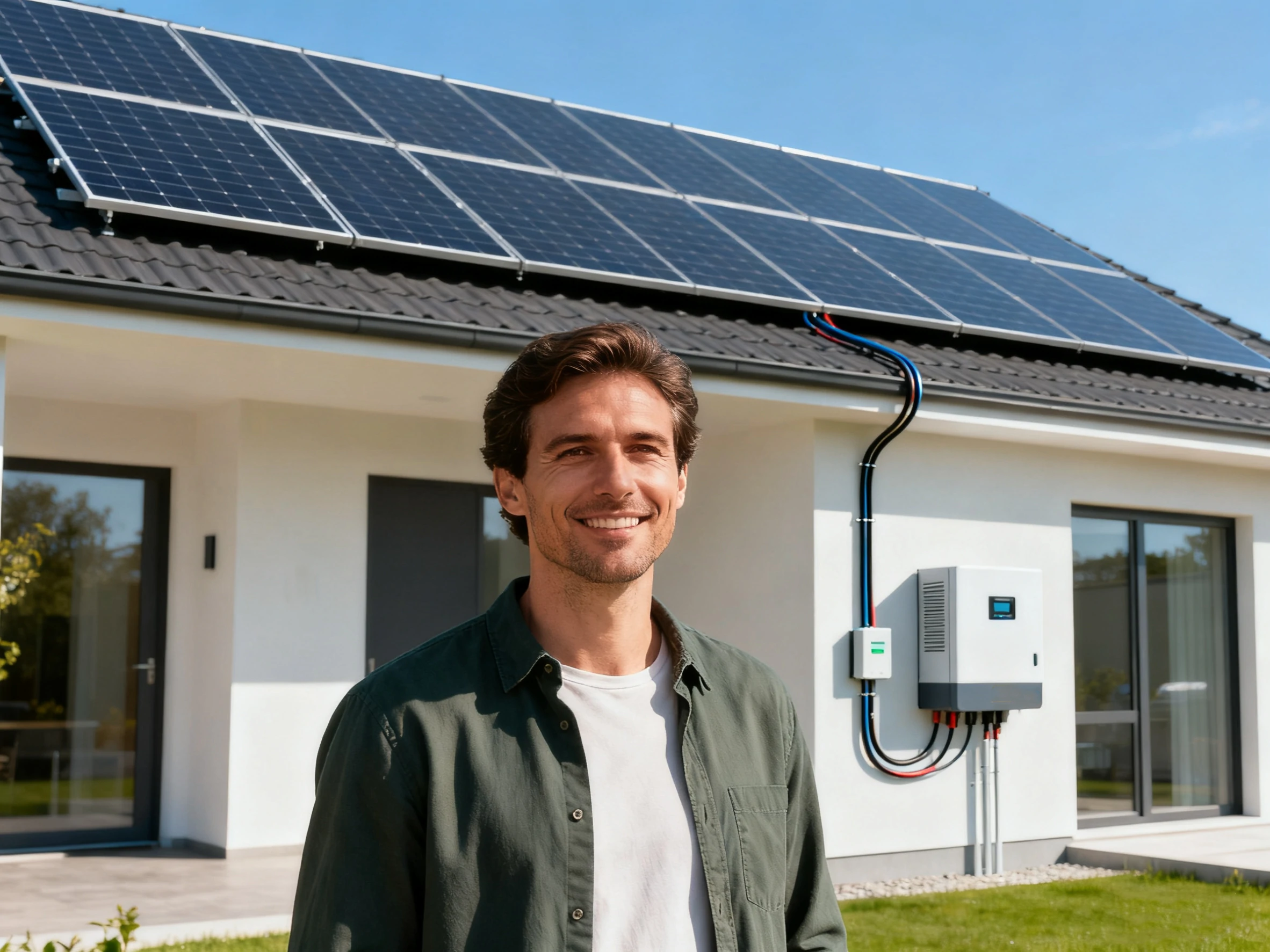
Índice
In today’s world, energy efficiency is no longer just a luxury—it’s becoming a necessity. More homeowners are exploring sustainable solutions to reduce electricity bills and become more energy independent. Residential energy storage is at the forefront of this movement. It’s not just about storing electricity; it’s about taking control of your home energy, making smarter choices, and even preparing for unexpected power outages.
If you’ve ever wondered how solar panels and solar inverters can work together to create a self-sufficient home, you’re in the right place. Let’s dive deep into the world of residential energy storage, how it works, and why it’s becoming essential for modern households.
What Is Residential Energy Storage?
At its core, residential energy storage is a system that allows homeowners to store electricity for later use. Think of it like a giant rechargeable battery for your home. The stored energy can be used during peak hours, power outages, or simply when electricity rates are higher.
How Residential Energy Storage Works
Energy storage systems typically rely on high-capacity batteries, often lithium-ion, to store electricity produced by your solar panels or drawn from the grid. During the day, solar panels generate electricity. If your home uses less electricity than what’s produced, the excess energy is stored in your battery. Later, when the sun goes down, you tap into that stored power instead of relying on the grid.
The system integrates seamlessly with a solar inverter, which converts direct current (DC) from your solar panels into alternating current (AC) that your home can use. Without a reliable solar inverter, your residential energy storage system wouldn’t function efficiently.
Benefits of Residential Energy Storage
- Energy independence: No more worrying about rising electricity costs.
- Backup power during outages: Essential in areas prone to blackouts.
- Environmental impact: Reduces reliance on fossil fuels.
- Maximized solar usage: Ensures you use the energy you produce, not just feed it back to the grid.
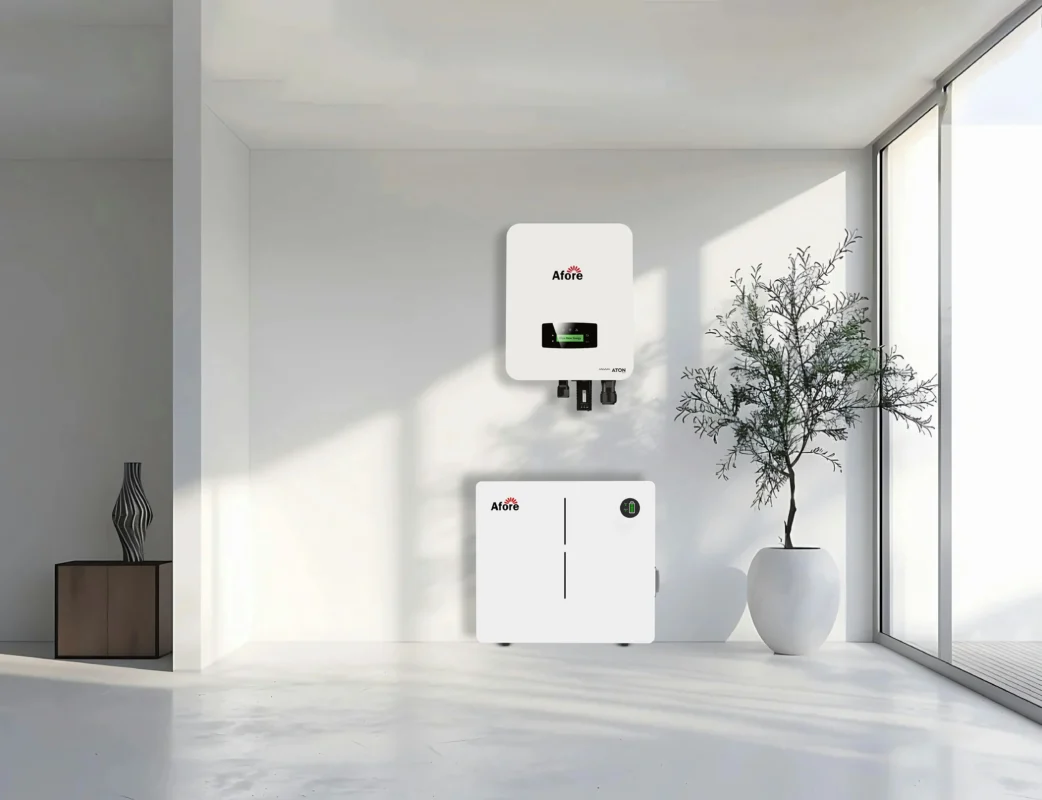
Why Residential Energy Storage Matters Today
The energy landscape is shifting rapidly. Utility prices fluctuate, renewable energy is growing, and homeowners are seeking smarter ways to power their lives. Residential energy storage isn’t just convenient; it’s strategic.
Energy Costs Are Rising
Electricity prices have been steadily increasing in many regions. By investing in residential energy storage, you can store energy during off-peak hours when electricity is cheaper and use it when rates spike.
Renewable Energy Integration
Solar panels are amazing, but they produce energy only when the sun shines. That’s where energy storage comes in. By pairing your solar system with a solar inverter and a storage unit, you’re ensuring consistent energy availability regardless of the weather.
Resilience Against Power Outages
Natural disasters, grid failures, and extreme weather events are becoming more frequent. Residential energy storage offers peace of mind, ensuring your home keeps running even when the grid goes down.
Key Components of Residential Energy Storage Systems
A solid residential energy storage system involves more than just batteries. Let’s break down the essentials:
The Battery
The battery is the heart of your system. Modern batteries can store enough energy to power your home for several hours or even days, depending on your setup. Lithium-ion batteries are common due to their high efficiency and long lifespan.
The Solar Inverter
Su inversor solar ensures the electricity from your solar panels is usable by your home. Some inverters also manage energy storage, directing surplus electricity to the battery or back to the grid.
Energy Management System
Many systems come with smart energy management software. This allows homeowners to monitor energy usage, optimize battery storage, and even schedule energy-intensive tasks during low-cost periods.
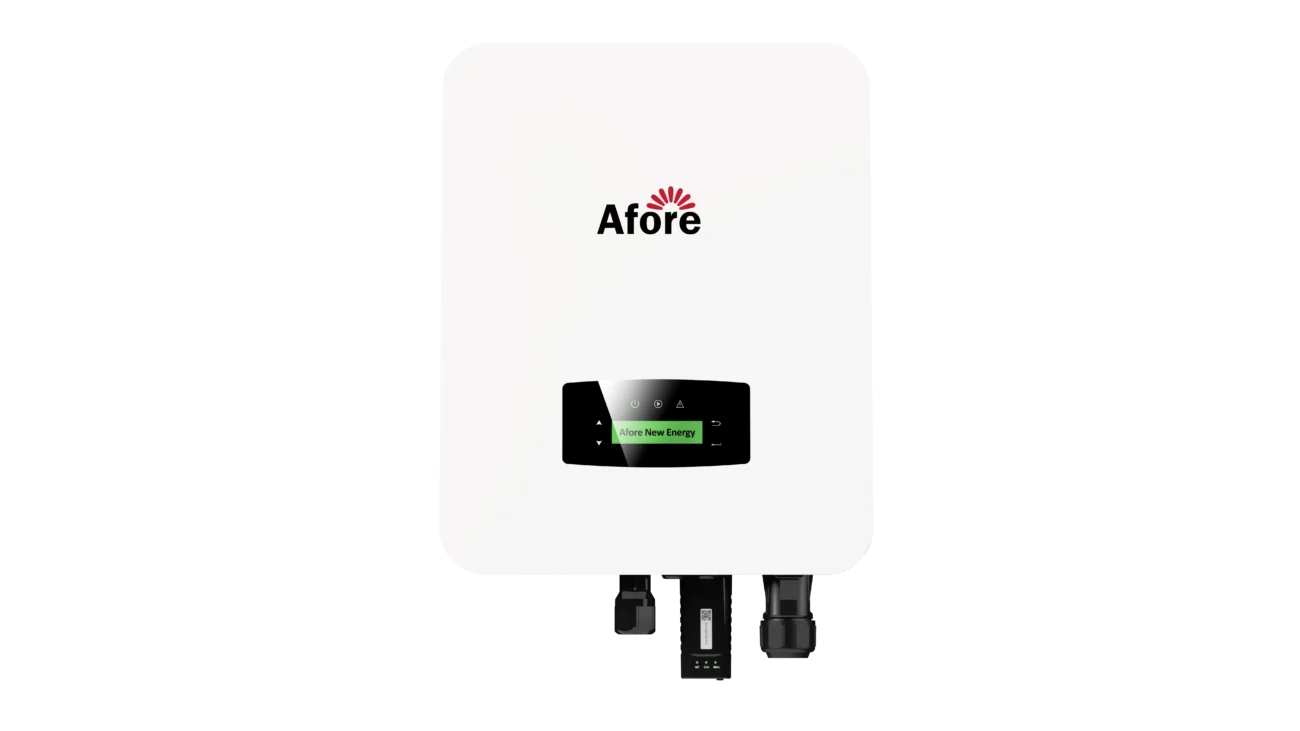
Choosing the Right Residential Energy Storage System
Selecting the right residential energy storage system isn’t just about picking the most expensive option—it’s about understanding your home’s energy needs and finding a solution that fits your lifestyle. With the right system, you can maximize energy savings, boost efficiency, and enjoy peace of mind during power outages.
Assess Your Energy Needs
Start by taking a close look at your household’s electricity usage. How much energy does your home consume on a daily basis? Which appliances are essential during an outage, and which can wait? By answering these questions, you’ll get a clear picture of the battery capacity you’ll need. A system that’s too small may leave you vulnerable, while an oversized setup could cost more than necessary.
Choose the Right Battery Type
Not all batteries are created equal. Your choice will affect performance, lifespan, and cost:
- Lithium-ion batteries: Highly efficient, long-lasting, and ideal for consistent daily use.
- Lead-acid batteries: Lower upfront cost but shorter lifespan and less efficient energy storage.
- Flow batteries: Scalable and durable, suitable for larger energy needs, though more complex and costly.
Think of this as choosing the engine for your home energy system—the right type ensures reliability and efficiency.
Ensure Compatibility With Your Solar Inverter
Your solar inverter plays a key role in converting stored energy for home use. Not every storage system works seamlessly with all inverters. Check that your battery setup is fully compatible, so you can store and draw energy efficiently. Proper integration prevents energy loss and ensures your system performs at its peak.
Factor in Installation and Maintenance
Consider where the system will be installed. Batteries should be kept in cool, dry areas like a basement, garage, or dedicated energy room. Regular maintenance—like checking battery health and inverter performance—helps extend the system’s lifespan and keeps energy flowing smoothly.
Optimize for Future Expansion
Your energy needs might grow. Choosing a system that allows additional batteries or upgraded inverters can save time and money later. A flexible setup means your home can adapt to new technologies or increased energy demands without a full system overhaul.
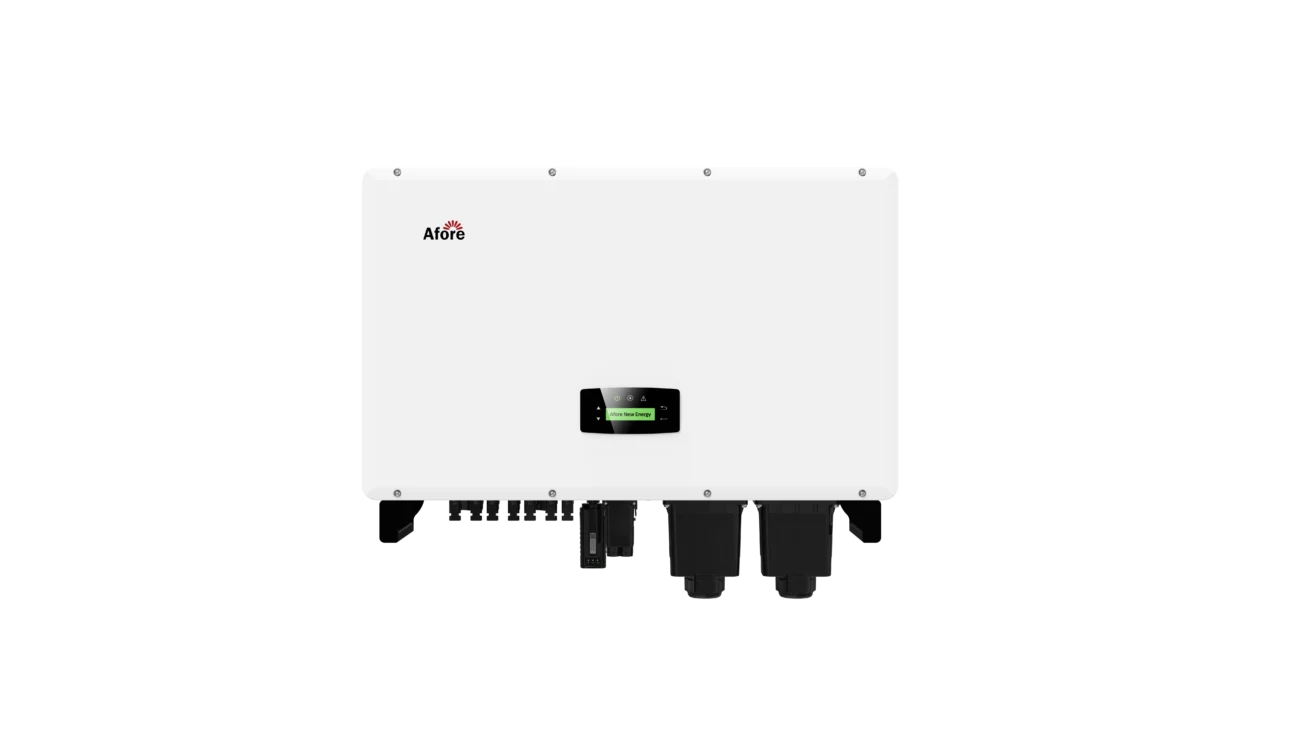
Consideraciones sobre la instalación
Installing a residential energy storage system is more than just plugging in a battery—it’s about ensuring safety, efficiency, and long-term reliability. A proper installation sets the foundation for your home energy system to perform at its best, whether you’re storing solar energy or drawing power from the grid.
Choosing the Right Location
Where you install your battery matters. Batteries should be placed in a cool, dry area with good ventilation, such as a basement, garage, or a dedicated energy room. Avoid direct sunlight, damp areas, or spaces prone to temperature extremes, as these can shorten battery lifespan and reduce efficiency. Proper placement ensures your residential energy storage system works reliably day after day.
Safety Precautions
Safety is a top priority. Modern systems come with built-in protections such as overcharge prevention, thermal management, and automatic shutdown features. Even with these safeguards, it’s essential to follow local building codes and hire a certified installer to minimize any risks. Remember, a properly installed system isn’t just efficient—it’s safe for your home and family.
Mantenimiento y control
While residential energy storage systems are generally low-maintenance, periodic checks are crucial. Inspect battery health, wiring, and inverter performance regularly. Many systems include monitoring tools that allow homeowners to track energy usage, battery status, and solar production. Staying proactive helps prevent unexpected issues and keeps your system performing optimally for years to come.
Planning for Efficiency
Think beyond the initial installation. Consider how your system will integrate with a solar inverter and other home energy devices. Proper integration ensures that stored energy is used efficiently, minimizes energy loss, and allows for future upgrades or expansions. Planning ahead makes your energy system more flexible and future-proof.
Maximizing the Benefits of Residential Energy Storage
Owning a residential energy storage system is a great first step, but getting the most out of it requires smart strategies and daily habits. By optimizing how you use your stored energy, you can save money, reduce your reliance on the grid, and make your home more energy-independent.
Use Energy When It’s Most Efficient
Timing matters. Run energy-intensive appliances like washing machines, dishwashers, or ovens during periods when your battery has stored surplus power from your solar panels or when electricity rates are lower. Many homeowners find that small adjustments in daily routines can significantly increase the efficiency of their residential energy storage system.
Integrate With Smart Home Devices
Pairing your battery system with smart home devices or energy management apps can take efficiency to the next level. These tools track energy usage, monitor battery performance, and even automate when devices should run. By doing this, you ensure your stored energy is used in the smartest way possible, reducing waste and improving cost savings.
Regular Monitoring and Maintenance
Keeping an eye on your system is key. Check battery levels, inverter performance, and overall energy flow regularly. A well-maintained system not only lasts longer but also ensures that your home gets the full benefit of stored energy. Many homeowners find that simple routines, like monthly performance checks, can prevent costly issues down the line.
Plan for Future Energy Needs
As your household changes—whether through new appliances, electric vehicles, or increased occupancy—your energy storage needs might grow. Choosing a system that allows for expansion or integration with additional batteries ensures you can continue to maximize the benefits without a complete overhaul. Future-proofing your system makes your home more adaptable and energy-efficient in the long run.
Common Misconceptions About Residential Energy Storage
Even though residential energy storage is becoming more popular, there are still several myths that can confuse homeowners. Understanding the truth behind these misconceptions helps you make smarter energy decisions and get the most out of your system.
“It’s Only for Homes With Solar Panels”
Many people think that you need solar panels to benefit from residential energy storage. While pairing storage with solar is ideal, batteries can also store energy drawn from the grid during off-peak hours. This means you can still reduce electricity costs and gain backup power, even without a full solar setup.
“Batteries Are Too Expensive to Be Worth It”
It’s true that installing a residential energy storage system requires an upfront investment, but costs have dropped significantly in recent years. Over time, savings from reduced electricity bills, optimized solar usage, and protection from peak rates often offset the initial expense. Many homeowners find that their system pays for itself in just a few years.
“Residential Energy Storage Is Complicated to Use”
Modern systems are designed with simplicity in mind. User-friendly apps and energy management tools make monitoring and controlling your stored energy straightforward. You don’t need to be an energy expert to track battery levels, optimize usage, or schedule appliances for peak efficiency.
“Batteries Can Power Everything During an Outage”
While batteries can provide backup power, their capacity is not unlimited. Most residential systems are designed to cover essential appliances and moderate energy needs, not to run an entire household indefinitely. Understanding your system’s limits ensures you use stored energy efficiently during an outage.
“Residential Storage Doesn’t Benefit the Environment”
Some skeptics assume that energy storage doesn’t reduce environmental impact. In reality, using stored energy—especially when paired with solar—reduces reliance on fossil fuels and lowers overall carbon emissions. Even grid-charged storage can contribute by optimizing energy use and reducing demand during peak hours.
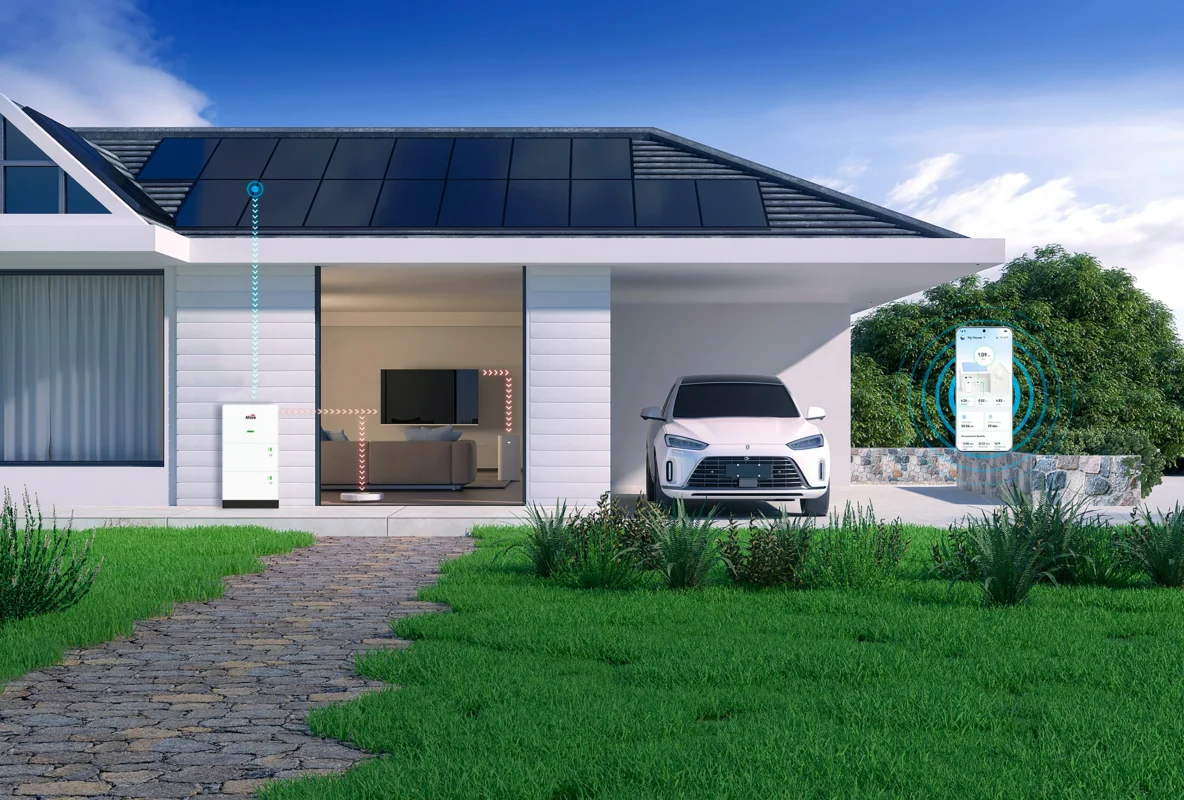
The Future of Residential Energy Storage
Residential energy storage is evolving fast. Batteries are becoming more efficient, solar inverters smarter, and energy management systems more intuitive. We can expect homes to become more energy-independent, resilient, and environmentally friendly.
Imagine a future where your house generates, stores, and uses its own energy efficiently, with minimal reliance on the grid. That future is already here—and residential energy storage is leading the charge.
Conclusión
Residential energy storage is more than a trend—it’s a transformative step toward home energy independence. By integrating a solar inverter, modern batteries, and smart management systems, homeowners can save money, reduce their carbon footprint, and gain peace of mind. Whether you’re looking to maximize solar usage, protect against outages, or simply take control of your energy, residential energy storage is the future knocking at your door.
FAQs About Residential Energy Storage
-
How long do residential energy storage batteries last?
The lifespan of a battery depends on its type and usage patterns. Most lithium-ion batteries last between 10 and 15 years, while lead-acid batteries generally last 5 to 7 years. Regular maintenance, proper temperature control, and avoiding deep discharges can extend battery life, ensuring your residential energy storage system remains reliable for years.
-
Can I add storage to my existing solar setup?
Absolutely. Many homeowners enhance their solar system by adding a storage unit. By pairing your battery with your solar inverter, you can store surplus solar energy during the day and use it when the sun goes down. This not only maximizes your solar usage but also provides backup power during outages.
-
How much energy can a residential battery store?
Battery capacity varies widely. Typical home systems store between 5 and 20 kWh, enough to power essential appliances or even a full household for several hours. Choosing the right capacity depends on your energy needs, usage habits, and whether you want backup power for emergencies.
-
Will a residential battery save me money?
Yes, especially when used strategically. By storing energy during off-peak hours or from solar panels, you can reduce reliance on the grid during expensive peak times. Over months and years, these savings often offset the initial investment in your residential energy storage system.
-
Do I need a special inverter for storage?
Not always, but it helps. A solar inverter compatible with your storage system ensures energy is efficiently converted between your battery, solar panels, and household appliances. Proper inverter compatibility prevents energy loss and allows your system to run smoothly.
-
Is it safe to install batteries at home?
Yes, when installed correctly. Modern residential energy storage systems come with multiple safety features such as thermal management, overcharge protection, and automatic shutdown. It’s important to follow installation guidelines, use certified professionals, and place batteries in a well-ventilated, dry area.
-
Can residential storage power my whole home during an outage?
It depends on the size of your system and your energy consumption. Most residential setups are designed to power essential appliances for several hours or a few days. Understanding your system’s limits helps you prioritize critical loads during blackouts.
-
Are there environmental benefits to using residential energy storage?
Definitely. Using stored energy, especially from renewable sources, reduces reliance on fossil fuels and lowers carbon emissions. Even grid-charged storage can contribute by shifting energy use away from peak-demand periods, easing stress on the electricity grid, and improving overall energy efficiency.
-
How can I monitor my residential energy storage system effectively?
Most modern systems include monitoring apps that track battery levels, energy consumption, and solar production. Regularly checking these metrics helps you optimize energy usage, detect potential issues early, and ensure your residential energy storage system operates efficiently every day.
-
Can I expand my residential energy storage system in the future?
Yes. Many systems are designed to be modular, allowing you to add extra batteries or upgrade your inverter as your energy needs grow. This flexibility ensures your home energy system remains future-proof and adaptable to new appliances, electric vehicles, or higher energy demands.




